-
About
- About Listly
- Community & Support
- Howto
- Chrome Extension
- Bookmarklet
- WordPress Plugin
- Listly Premium
- Privacy
- Terms
- DMCA Copyright
- © 2010-2025 Boomy Labs
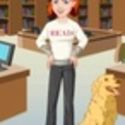 Courtney L. Lewis
Courtney L. Lewis
Listly by Courtney L. Lewis
Librarians can end up being the copyright police but it's sooooo much better if they instead are educational partners tackling the challenges of teaching good copyright practice.

Good list of websites and videos that would prove helpful educating students and faculty regarding copyright issues.
For those of you who claim that copyright inspires no creativity whatsoever, perhaps you have not seen the following video, PandoHouse Rock: Copyright, explained, a collaboration between PandoDaily and Explainer Music's David Holmes:
I...

The Copyright Alert System employs a three stage warning system. Will libraries that offer online access to the Internet be implicated? No.
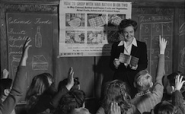
This is a course for educators who want to learn about US copyright law in the education context. P2PU also offers a similar courses for Australia, if that content is more appropriate. Educators who are not in the US are welcome to sign up, too, if they want to learn about copyright law in the US.

Learn open practices at School of Open. Universal access to and participation in research, education, and culture is made possible by openness, but not enough people know what it means or how to take advantage of it. We hear about Open Source Software, Open Educational Resources, and Open Access...

Search engine for visual inspiration and free stock photos for the advertising community including images of creative commons and public domain.
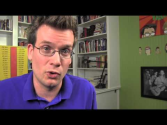
By on Copyright law is complex enough-throw in an instance of international remixing by young nerdfighters, and you have a real mess. But in the hands of author John Green, it's the basis for a pretty cool video.

The Register of Copyrights needs a drink. Maria Pallante heads up the US Copyright Office, which helps establish practices and standards for copyright registration. During a speech at Columbia University two weeks ago, Pallante announced she will try to convince Congress to review and revise the country's copyright law, which was last seriously changed in 1998 with the controversial Digital Millenium Copyright Act.

Creative Commons began providing licenses for the open sharing of content only a decade ago. Now more than 400 million CC-licensed works are available on the Internet, from music and photos, to research findings and entire college courses. Creative Commons created the legal and technical infrastructure that allows effective sharing of knowledge, art and data by individuals, organizations and governments.
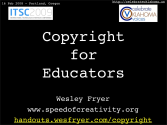
A presentation shared at ITSC 2009 in Portland, Oregon, on February 15, 2009 about copyright for educators.

Teaching Copyright provides lessons and ideas for opening your classroom up to discussion, letting your students express their ideas and concerns, and then guiding your students toward an understanding of the boundaries of copyright law.
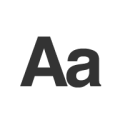
A new infographic released today tells the story of library fair use and the Code of Best Practices in a clear and compelling way. There's an embeddable PNG for your own blogs, and there's also a print-ready 8.5" x 11" version in case you need hardcopies to hand out at events.

Even after you've fully educated yourself about fair use (the information on our site is just a start), it can be difficult to remember all the relevant issues when you're looking at a potential use you'd like to make. We've developed one tool that may assist you in your thought process.

Halloween has passed (and unfortunately a quick scan of the office confirms that my work colleagues did not end up with extra candy this year). But copyright trolls can make every day scarier than Halloween for some people. Here's how: Threaten a school or library by alleging copyright infringement.
